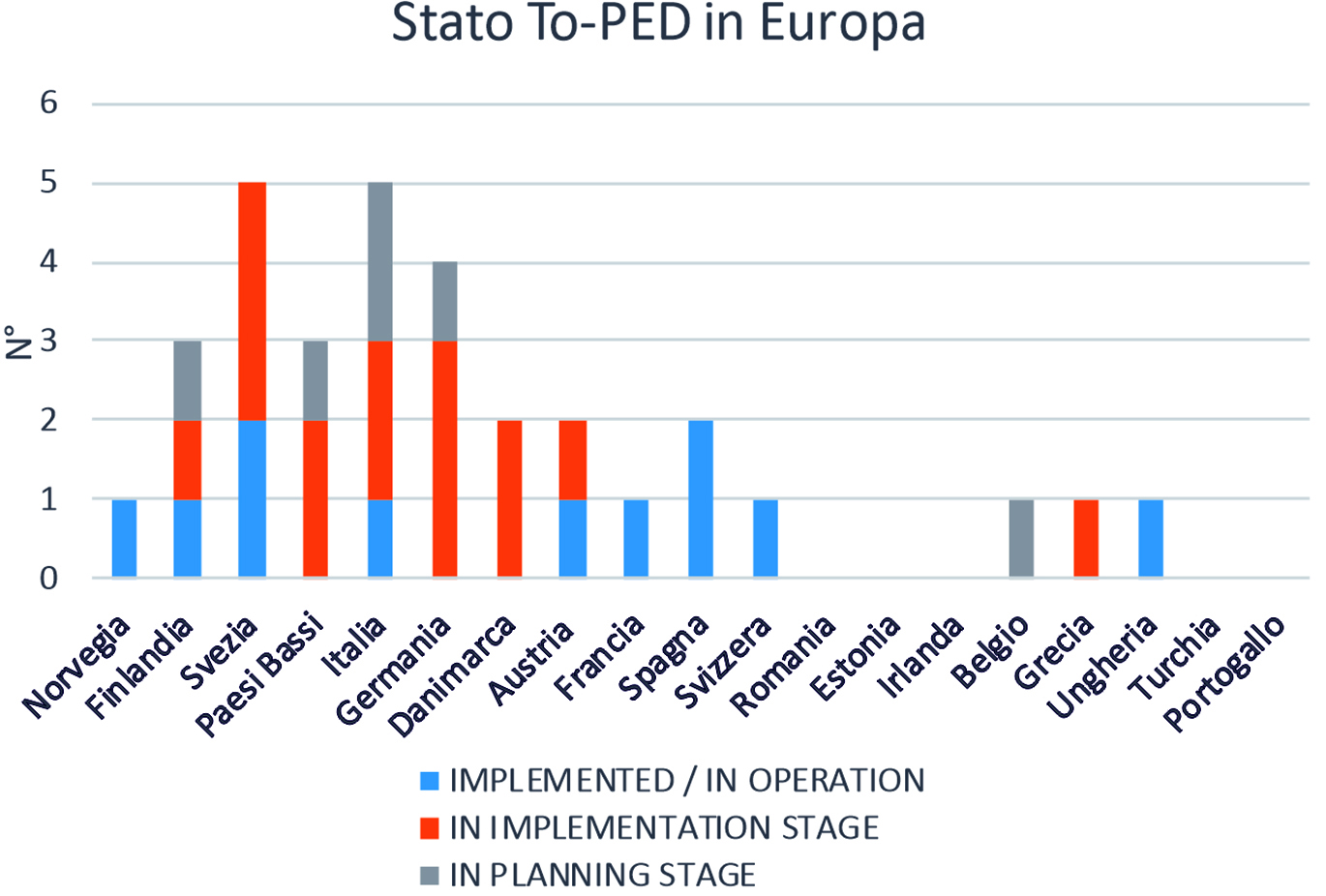Towards a more just ecological transition and planning: from CERs to PEDs. Urban regeneration scenarios as an opportunity for reconstruction or the creation of self-sustainable communities

Published 2024-12-30
Keywords
- resilience,
- inclusiveness,
- sustainability,
- ecological transition,
- cooperation
How to Cite
Copyright (c) 2024 Andrea Marçel Pidalà

This work is licensed under a Creative Commons Attribution 4.0 International License.
Abstract
The introduction, by international organisations, of a variety of policies, tools, and financial resources aimed at achieving climate neutrality represents the epiphenomenon of an important paradigm shift, in which the traditional anthropocenic approach is practically overturned in favour of a new centrality of cohabitation between humans and nature. Moreover, in Italy, the recent introduction of incentives such as ecobonus, seismic bonus, and superbonus has certainly highlighted patent critical issues, such as energy poverty, but also opened new pathways for a sustainable rethinking of dwelling. Starting from the energy production of communities and broadening the view to connected socio-technical aspects, such as energy efficiency of buildings and environmental remediation of cities, neighbourhoods, and small urban centres, it may be useful to evaluate the effects of such pathways in terms of the opportunities they offer for an overall ecological rehabilitation of settlements. These are increasingly unconventional practices, growing along with the emergence of new scientific insights on dwelling, a momentous example of which is represented by Positive Energy Districts (PED), tools that can provide an extraordinary chance to experiment with ecological and social justice by mainly leveraging consumption and, therefore, on the rebalance of water, land, and territorial resource consumption.
